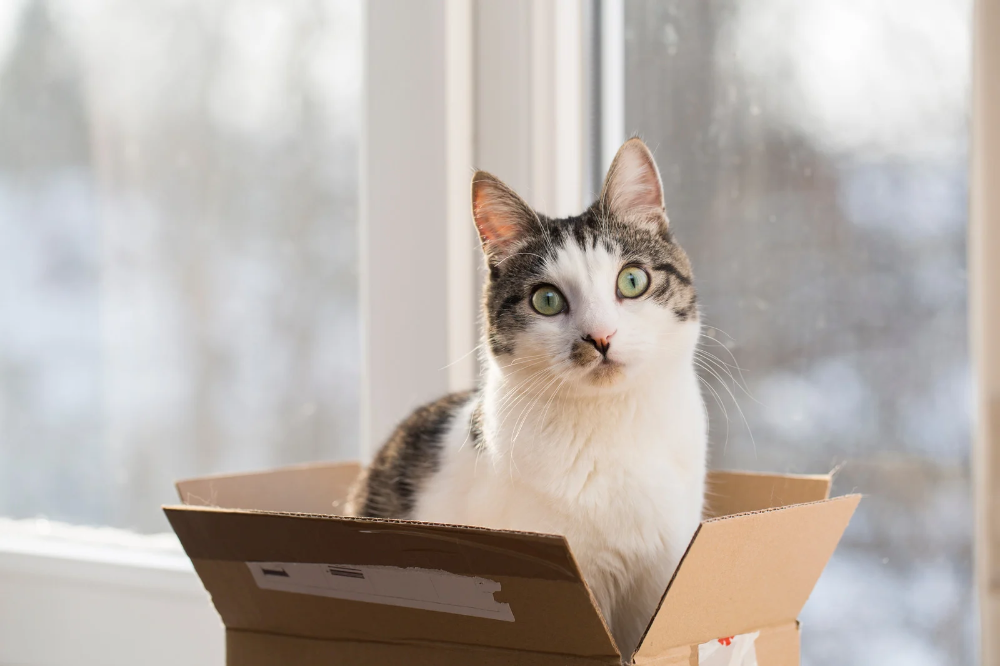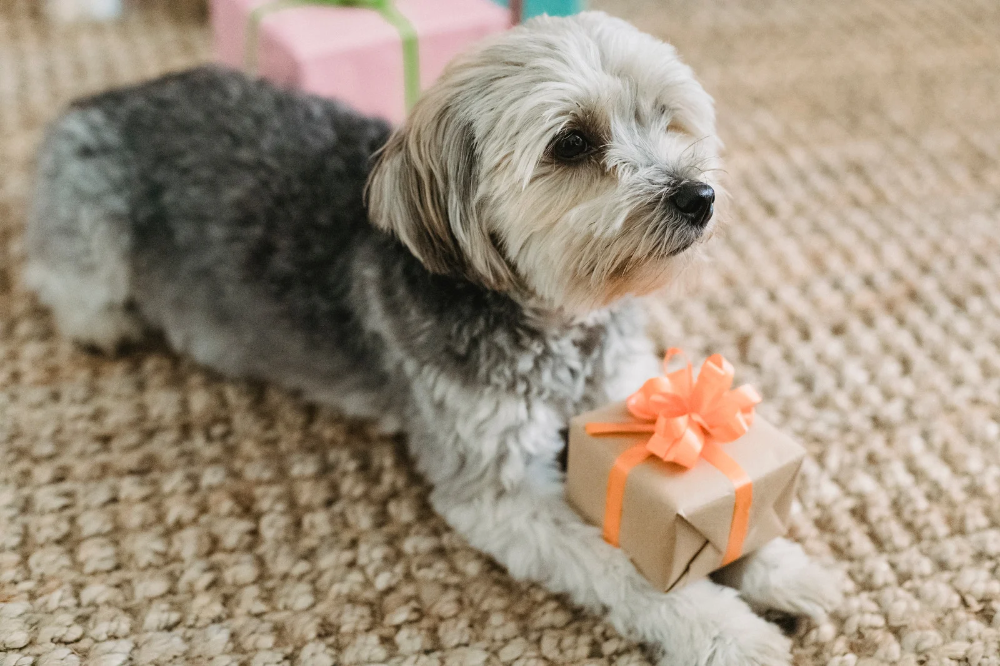
Lists
Top 10 easiest dogs to train
Looking for the perfect pup? Take our dog breed selector quiz to find get results based on your lifestyle.
Training your dog is one of your most important responsibilities as an owner. Behavior that seems cute in puppies like chewing, digging and barking is definitely not cute in a full grown dog. Plus, you're going to want to potty train your dog for obvious reasons!
Dogs may seem happy doing whatever they please whenever they want, but dogs are smart pack animals–what they really crave is order and mental stimulation. They want to be your best friend for life, and it's up to you to show them how to do it.
It's a rich and rewarding experience that becomes the foundation for your relationship, but it's not always an easy process. It takes patience, determination, and most importantly a good sense of humour. Every dog is different and each breed has its own set of ups and downs, but every dog is trainable. That said, why make it harder on yourself than it has to be?
Get a dog that's easy to train and before you know it you'll have formed a special bond with a pet that does not poop in your house.
Top 10 Easiest Dog Breeds To Train According to the American Kennel Club

1. Labrador Retrievers
One of the many reasons Labrador Retrievers are North America's most popular dogs is how easy they are to train. Start early and show your Lab puppy lots of praise whenever he behaves. Don't lose your temper or use negative reinforcement techniques. That will only make your Lab scared of you—not a great way to spend the next 10-14 years!
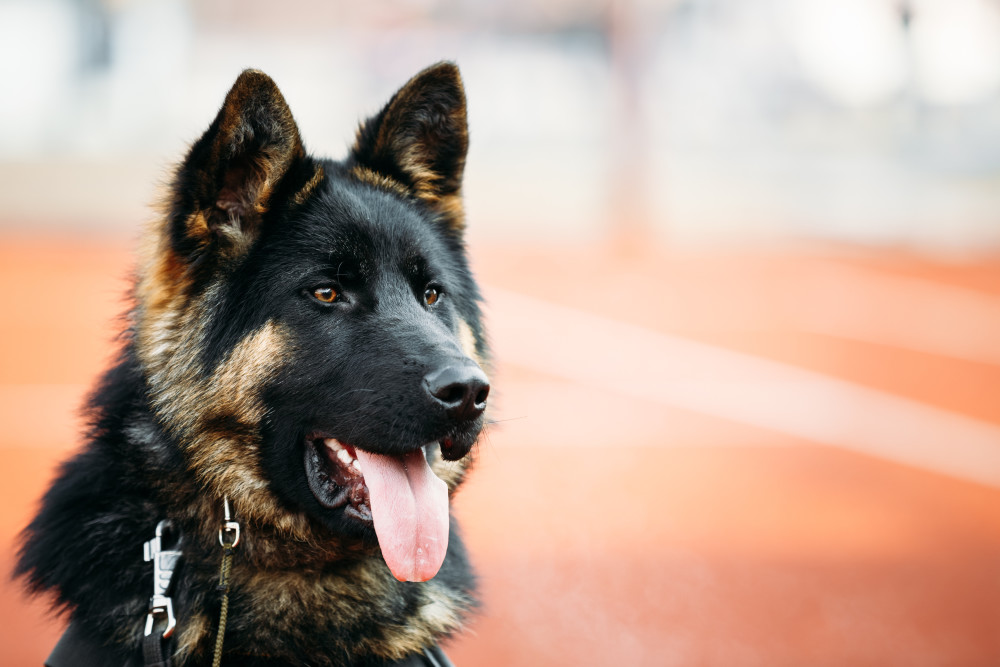
2. German Shepherds
German Shepherds are highly trainable, and love having jobs to do. In fact, you've probably seen one working for the police or as part of a search and rescue. They're incredibly smart and learn commands very easily. Treat them with respect and create an environment full of love and trust, and your German Shepherd will be a star pupil.

3. Golden Retrievers
The Golden Retriever's famous calm and sweet attitude is part nature and part nurture. Take your Golden pup out and show them the world, it's never too early to start socializing them. From here, obedience training should be a snap. Golden Retrievers are full of energy and eager to please. Teach them to play fetch and they'll be your friend for life.
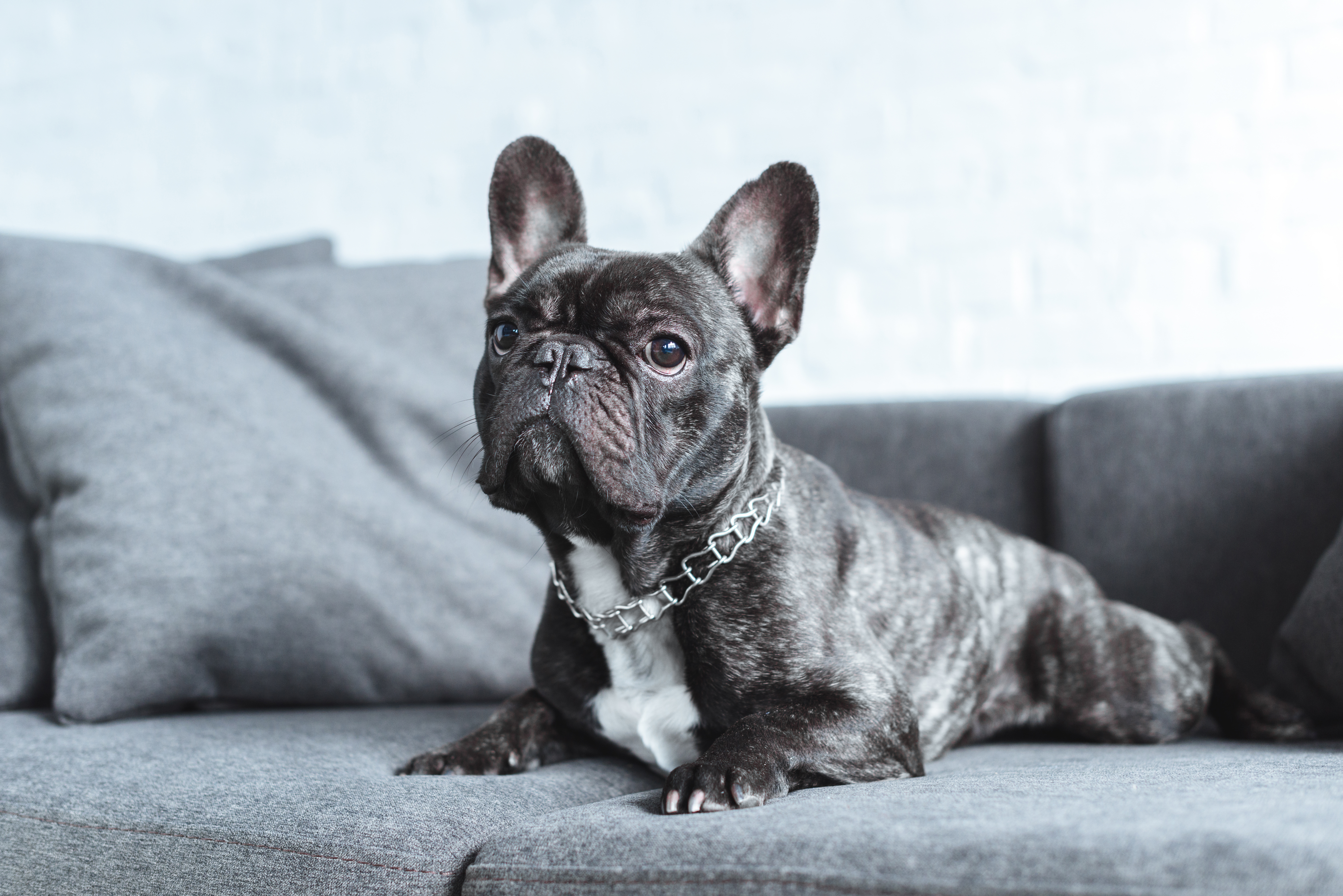
4. French Bulldogs
The way to a French Bulldog's heart is through their stomach. These little dogs can have a big stubborn streak, but with some delicious motivation, obedience training will be straightforward. Frenchie's love nothing more than to be around their owners, but since they don't like being outside all day (especially during the summer), it's important to crate train them.

5. Bulldogs
Bulldogs are free and easy, so they won't put up much of a fuss during training. Like their French cousins, they are highly motivated by food, and even a bit protective of it. It's important to teach your Bulldog that having food taken away while they're eating isn't the end of the world. They're also a breed that loves tug of war, so a big command to teach them is "Drop it!"

6. Beagles
Beagles are high energy and independent, but that doesn't necessarily mean tough to train. Getting them used to their leash and giving them the exercise they need are the building blocks to earning your Beagle's trust. Chasing after interesting smells is deep in your Beagle's DNA, so make sure your training sessions take place in a yard with a fence.

7. Poodles
Poodles are second only to the Border Collie as the world's most intelligent breed. This intelligence makes training them easy, but also extra important. Poodles are lifelong learners, and need mental stimulation to be happy. If you've ever seen a dog show, chances are you've seen how impressive a well trained Poodle can be, so go ahead and teach yours some tricks!
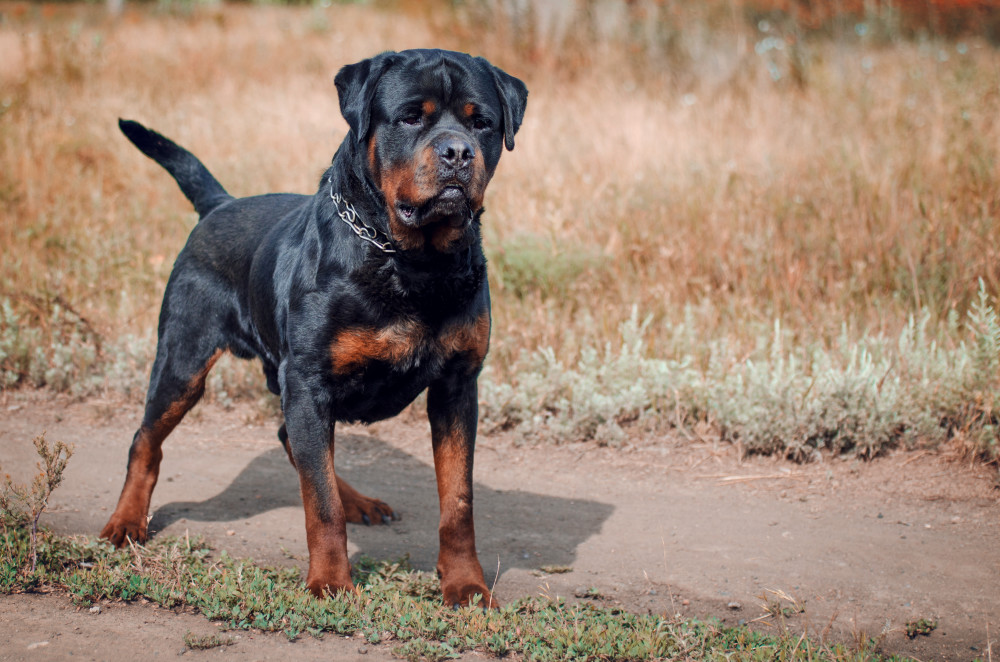
8. Rottweilers
You are probably aware of the fact that there is a lot of misplaced fear and prejudice surrounding Rottweilers. Because of this, it's extra important to train yours properly. Luckily, Rottweilers are devoted, intelligent, and easy to train. Using positive training techniques and fostering a loving home are the best ways to ensure your Rottweiler doesn't grow up to become aggressive.
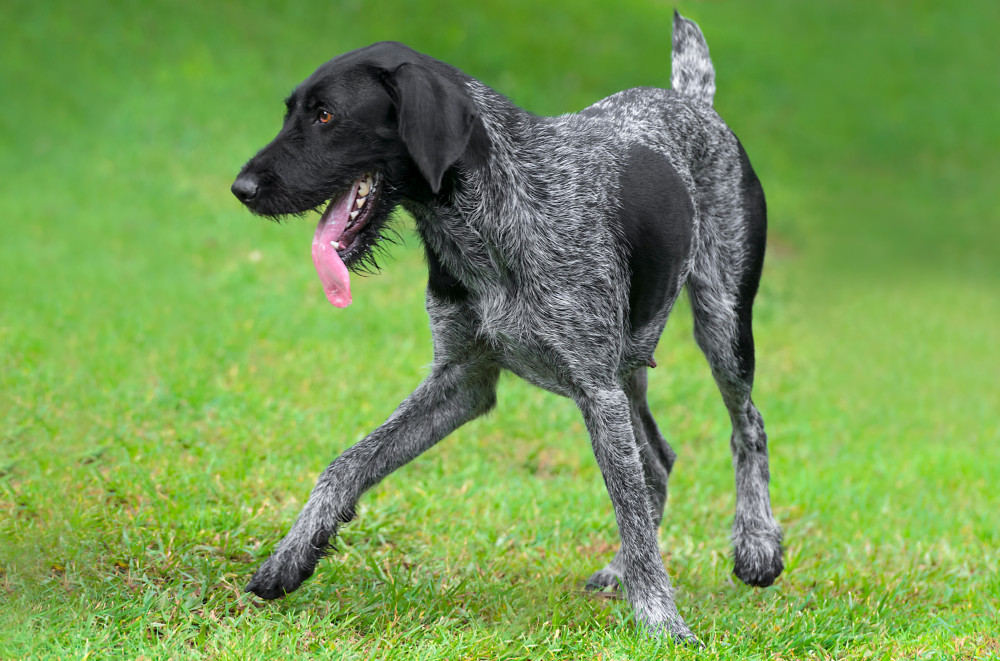
9. German Shorthaired Pointers
Smart and athletic, German Shorthaired Pointers have it all. They're bred as hunting dogs, so if hunting is not what you plan to do with your GSP, managing that instinct will be a big part of your training. You'll never be able to eliminate that instinct, but games like fetch and tug of war can channel it into more fun and suitable ways to bond.

10. Boxers
Boxers may appear tough and serious, but these are affectionate dogs who love to have fun! Fun is the key to training a Boxer. Keep training sessions short and varied to keep their interest high. If you notice them starting to lose focus, don't worry—there's always tomorrow. Show your Boxer a good time during training and they'll show you a good time for the rest of their life.

